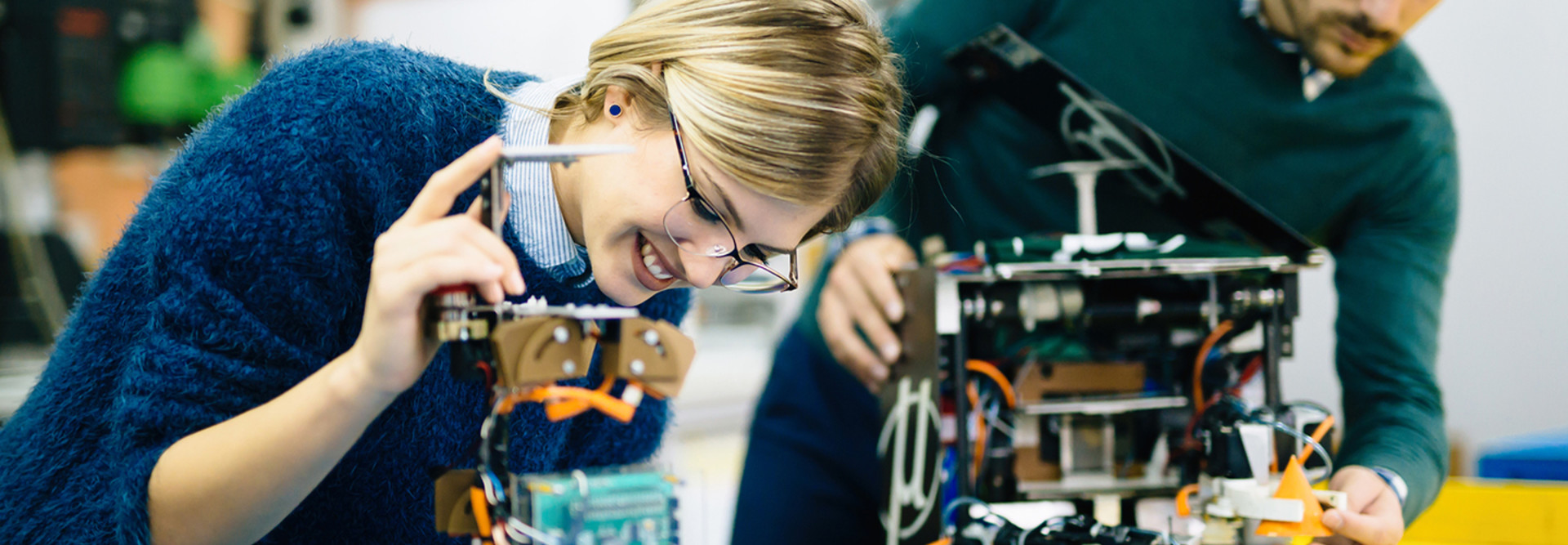University of Michigan Empowers Detroit Students via After-School Program
Science, technology, engineering and math (STEM) skills are in high demand among today’s workers, and one of the best ways to equip future employees with these skills is to start early. Programs formed from university and business partnerships have been established to help schools and libraries provide students with these skills.
After-school programs, however, might be the most successful way to help build STEM skills among K–12 students. A study from the Charles Stewart Mott Foundation and STEM Next has found that 70 percent of students who participated in after-school STEM programs experienced positive gains in those subjects.
“After-school works and can be part of the solution for really helping to have more educational opportunities available for kids, particularly for low-income kids and for kids who are in underserved populations,” says Mott Foundation senior program officer Gwynn Hughes in a U.S. News and World Report article.
University of Michigan Powers Up Detroit STEM Programs
One such program offering STEM experiences to underserved students is the Michigan Engineering Zone. The program, located on University of Michigan’s campus, is an innovation space where UM faculty, staff, students and alumni provide technical training and mentoring to Detroit middle and high school students.
“To help position Detroit on the global stage, the Michigan Engineering Zone (“the MEZ”) aims to educate and inspire Detroit’s youth to become leaders in transforming their city, schools and communities through science and technology,” reads the program’s website.
Now, thanks to a $250,000 grant from Google, the MEZ’s makerspace and robotics laboratory will be able to provide STEM skills to even more students.
“With this gift from Google, we will be able to make the improvements and expansion of programming and services that are needed. Unfortunately, we’re at capacity right now and we’ve had to turn teams away,” says MEZ founder Jeanne Murabito in an article on UM’s website.
The program also serves as a pipeline to bring in more UM students. Wayne Lester, a UM aerospace graduate student, says participating in the program helped spark his interest and fuel his desire to give back.
“Participating in robotics is what cultivated my passion for engineering,” says Lester in the article. “I loved every moment I spent at the MEZ, whether build season, ACT practice, or other academic focused workshops, it was all so helpful for me.”
For both the K–12 students and the college students, this kind of mentoring has a lot of benefits. The younger students have an opportunity to learn from someone who isn’t much older than them — thus removing some of the intimidation — and the college students can get some experience with teaching.
Heather VanMouwerik, a former graduate student from the University of California, Riverside, writes on the Inside Higher Ed site about the various benefits she found as a mentor.
“One of the most unexpected benefits I gained from [my mentorship] was the ability to better articulate what I do,” she writes.
Ultimately, with Google’s help, MEZ will be able to turn more students into UM students and hopefully bring more future-ready employees into the workforce.
“As Google well understands, MEZ students practice not only technical skills, but also other aptitudes that are vital in the modern workplace — teamwork, persistence, leadership and humility,” says UM dean of engineering Alec D. Gallimore.









